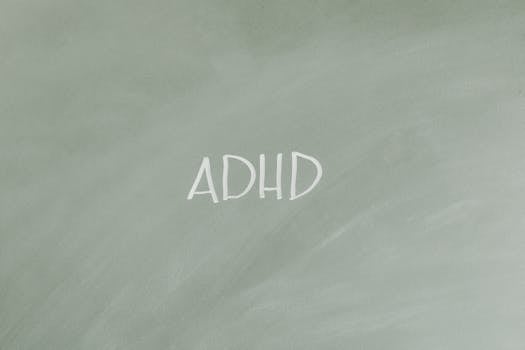Understanding Schizophrenia: Symptoms, Causes, and Treatment
Schizophrenia is a chronic and severe mental illness that affects a person's ability to think, feel, and behave clearly. Characterized by a disconnect from reality, it significantly impacts daily life and requires ongoing management. This article explores the key aspects of schizophrenia, aiming to provide a comprehensive yet accessible understanding of this complex condition.
Symptoms of Schizophrenia: Schizophrenia manifests differently in individuals, but common symptoms fall into three main categories: positive, negative, and cognitive.
- Positive Symptoms: These are additions to normal behavior and experience. They include:
- Hallucinations: Sensing things that aren't there, most commonly auditory (hearing voices). Visual, tactile (touch), olfactory (smell), and gustatory (taste) hallucinations also occur.
- Delusions: Fixed, false beliefs that are not based in reality. These can range from grandiose beliefs (believing one has exceptional powers) to persecutory beliefs (believing one is being followed or plotted against).
- Disorganized Thinking and Speech: Difficulty expressing thoughts coherently, leading to rambling or incoherent speech. This can include loose associations (jumping between unrelated topics) and neologisms (making up new words).
- Disorganized or Abnormal Motor Behavior: This can range from childlike silliness to catatonia (immobility or excessive, purposeless movement).
- Negative Symptoms: These involve a reduction or absence of normal behaviors and experiences. They include:
- Flat Affect: Reduced expression of emotions, appearing apathetic or emotionless.
- Alogia: Reduced speech output, speaking very little or responding minimally.
- Avolition: Lack of motivation and initiative, difficulty starting or completing tasks.
- Anhedonia: Loss of interest or pleasure in activities once enjoyed.
- Social Withdrawal: Decreased engagement in social interactions and relationships.
- Cognitive Symptoms: These impact thinking and memory abilities. They include:
- Difficulty with Attention and Concentration: Problems focusing and maintaining attention.
- Working Memory Problems: Trouble holding information in mind and manipulating it.
- Executive Functioning Deficits: Impaired ability to plan, organize, and problem-solve.
- Genetics: A family history of schizophrenia significantly increases the risk. However, genetics alone don't fully explain the condition.
- Brain Structure and Function: Studies have shown abnormalities in brain structure and function in individuals with schizophrenia, including reduced grey matter volume in certain areas of the brain.
- Neurotransmitters: Imbalances in brain chemicals, particularly dopamine, are thought to play a role.
- Environmental Factors: Exposure to certain infections during pregnancy, complications during birth, and childhood trauma may increase the risk. Stressful life events can also trigger or worsen symptoms.
- Antipsychotic Medications: These are the cornerstone of treatment, helping to reduce positive symptoms like hallucinations and delusions. Different types of antipsychotics are available, and finding the right medication and dosage is crucial.
- Psychotherapy: Cognitive behavioral therapy (CBT) can help individuals manage symptoms, develop coping skills, and improve their overall functioning. Other therapies, such as family therapy and social skills training, can also be beneficial.
- Psychosocial Support: This includes support groups, vocational rehabilitation, and housing assistance. A strong support system is crucial for successful management of the illness.
Causes of Schizophrenia: The exact cause of schizophrenia is unknown, but research suggests a complex interplay of genetic, environmental, and neurobiological factors.
Treatment for Schizophrenia: Treatment typically involves a combination of medication, psychotherapy, and psychosocial support.
Living with Schizophrenia: Schizophrenia is a manageable condition with appropriate treatment. While complete recovery isn't always possible, many individuals can live fulfilling lives with ongoing support and management. Early intervention is crucial, as it can improve long-term outcomes. It's vital to remember that individuals with schizophrenia are not defined by their illness, and with appropriate support, they can lead productive and meaningful lives. Open communication, understanding, and reducing stigma are vital for providing a supportive environment for those affected.

